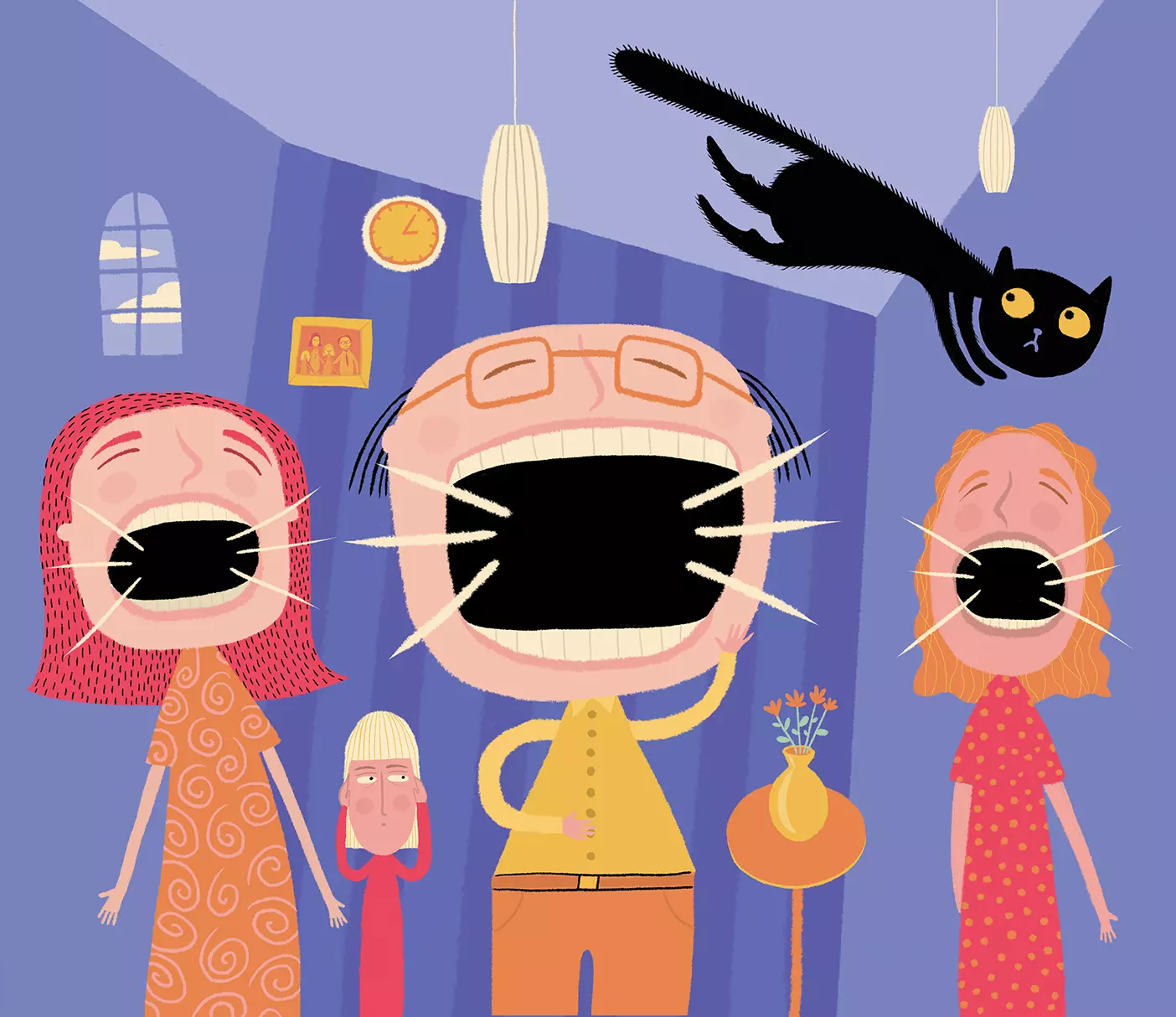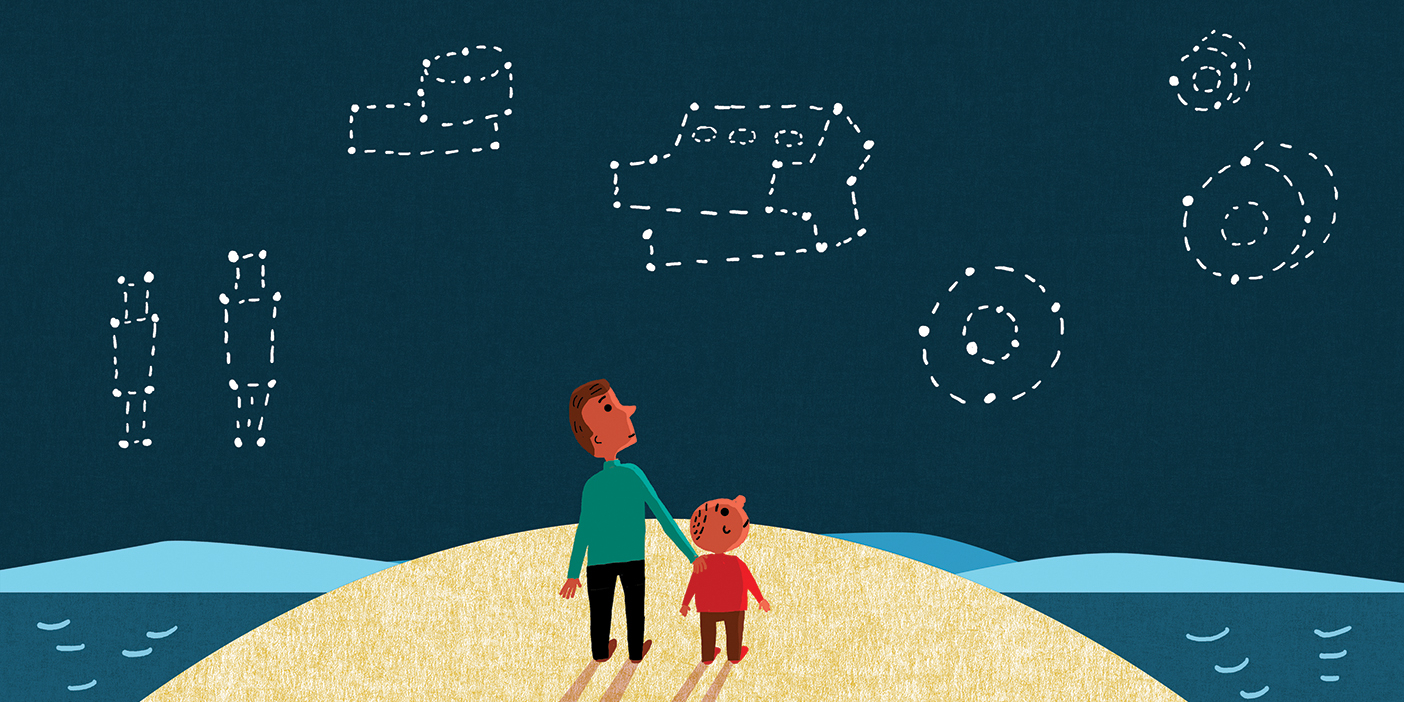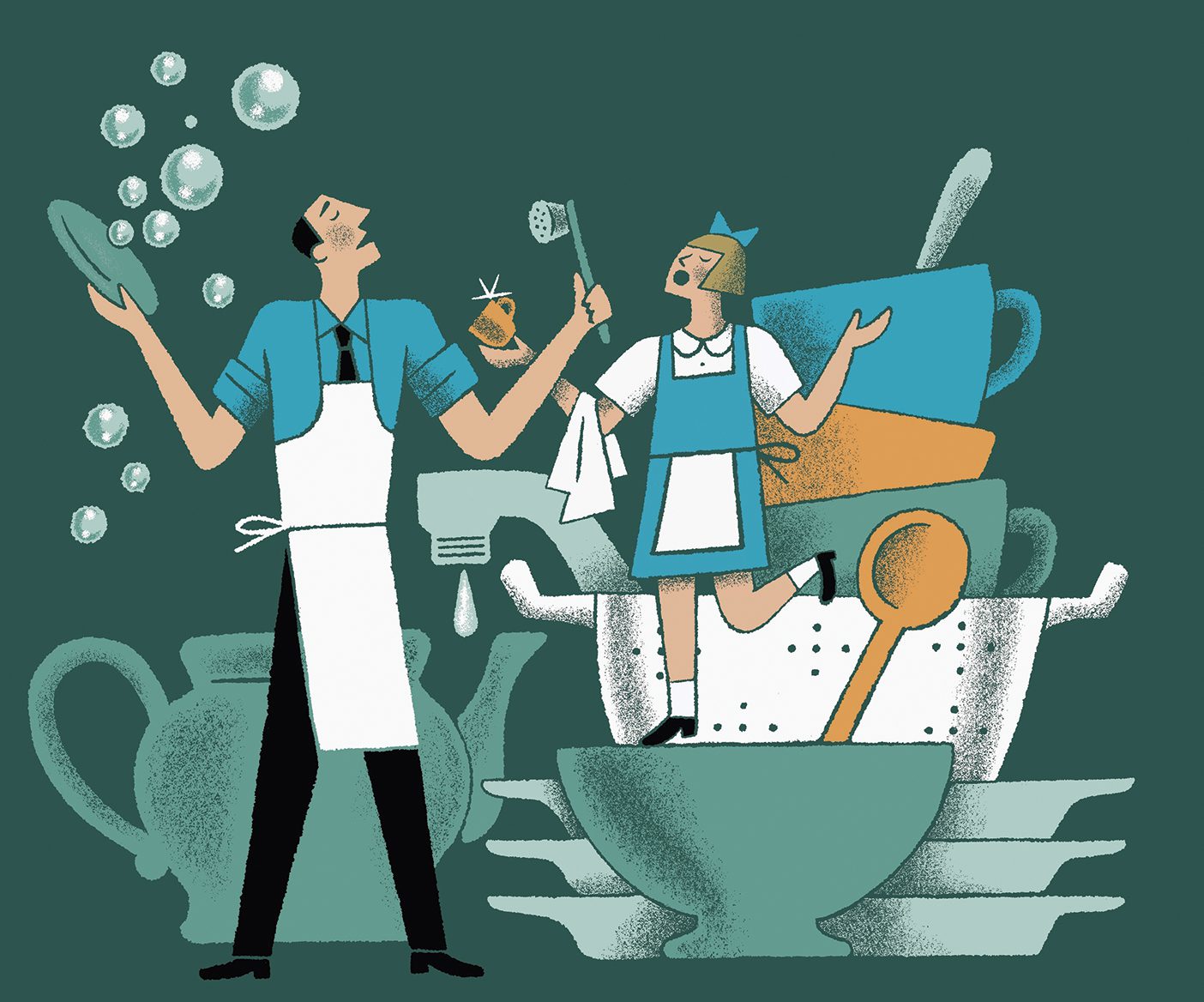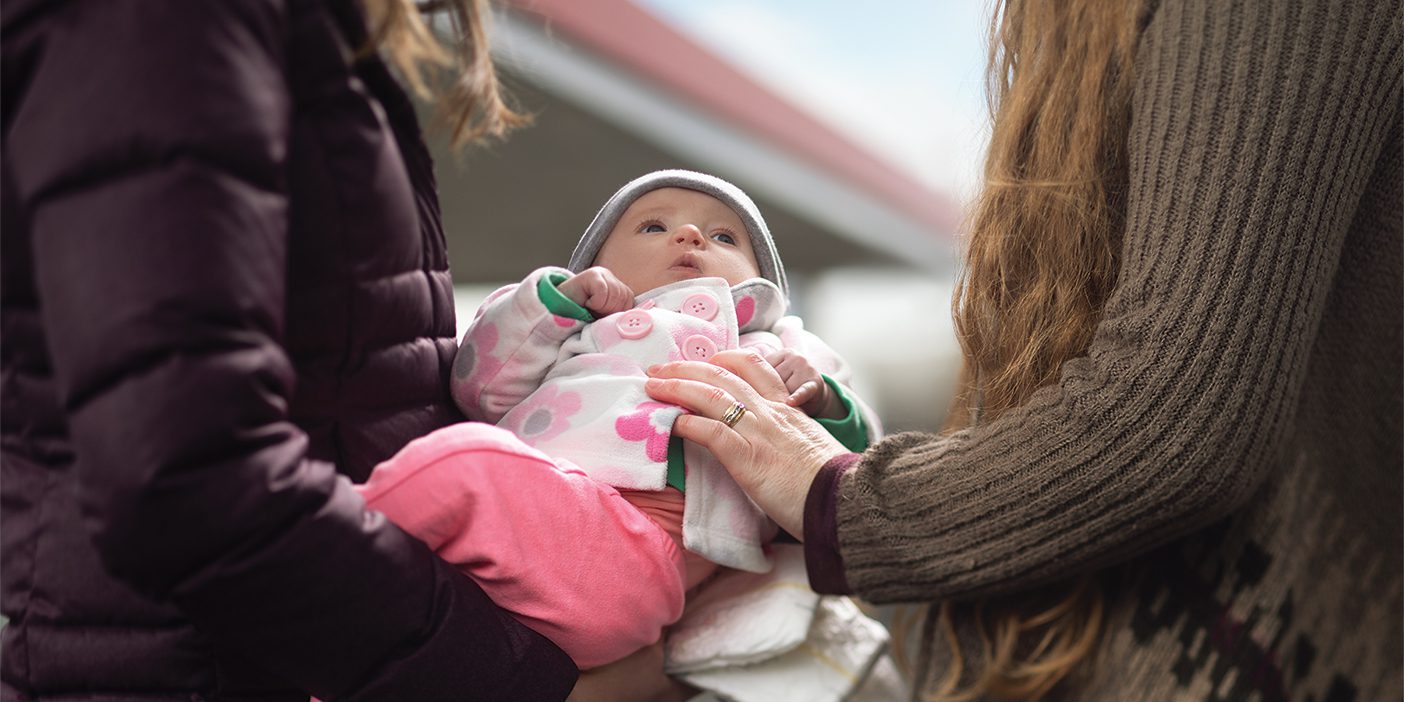Being loud—and sometimes misunderstood—is a part of one family’s culture.

“If I didn’t know any better, I would think you grew up with deaf people. You have such a loud voice!” remarked a student at my table. Sitting in a BYU education class, we were discussing accommodations for students with disabilities. The professor had just said that often it’s possible to tell when a student has a family member with disabilities because the accommodations they make at home are visible in other settings. This was precisely the case with my loud voice.
In my immediate and extended family, several members have severe hearing loss—and the rest of us have very loud voices to compensate. When I give a talk in church, I often receive the feedback that I spoke too loudly. When I talk on the phone, people regularly ask me to stop yelling at them. But I had never thought of hearing loss as a disability until that day.
Growing up, every conversation in our home required a bit of patience. As my brother-in-law once commented, nothing ever happened less than three times in our family. Once we had gone through gesturing and repeating a conversation so everyone clearly understood, Mom would walk in from the kitchen and ask for a recap of what she missed. And it would start all over again.
These conversations were often highly comical. Words like “breakfast” were understood as “butt fish,” “supper” quickly became “suffer,” and once, “sunset” somehow morphed into “darned cupcakes.” Though we generally had a good laugh (once things got cleared up) these misunderstandings often made simple conversations excruciatingly long.
Once, “sunset” somehow morphed into “darned cupcakes.”
Sometimes our conversations were even more unusual. My mother and I discovered that if we could talk quietly without moving our lips, my father would have no idea we were having a conversation without him—right in front of him. We practiced most at the dinner table when he rambled on about something particularly boring.
Because of our loud voices, outsiders generally perceived our disagreements as knock-down, drag-out fights. In high school several friends came over to study, and my parents had a disagreement while outside doing yard work. The volume of their heated discussion increased until their loud voices rang through the walls and into the basement. My friends agreed that their parents fought sometimes, but not like that. It must be really bad if it’s that loud!
One Monday after Thanksgiving, the girl across the street asked what the yelling all weekend was about. I explained that we just had more hearing loss in the house than normal. Luckily the neighbors liked us anyway.
Unfortunately, not everyone was friendly. My father once took me out for ice cream, and the background noise made it impossible for him to carry on a conversation. Because it was just the two of us, he attempted to talk to me, but we had to be extra loud to hear each other. The women at the next table became a different kind of loud, informing us that people who can’t hear shouldn’t be allowed in public. Dad didn’t even hear them. He could see I was upset, but it was too loud to explain.
Back in the car, I told him what had happened. “So what?!” he responded, “It’s just the way I am. They’re crazy!”
It didn’t faze him at all. That attitude was my dad’s superpower. In that moment, my loud voice became “just the way I am.” The rest of the world may see us out of context and not understand, but our loud voices are just the way we are.
My father has since passed, and I live on a different continent than my family. In general, the people around me can hear everything. But my life is peppered with sweet moments when someone with hearing loss expresses gratitude for me being just the way I am. In those moments I am reminded that as God’s children our strengths and weaknesses always balance each other out and we are one big family.
Ann Mandel is a wife, mother, and university administrator in Germany.
Share a Family Story
In Letters from Home Y Magazine publishes essays by alumni about family-life experiences—as parents, spouses, grandparents, children. Essays should be 700 words and written in first-person voice. Y Magazine will pay $350 for essays published in Letters from Home. Send submissions to lettersfromhome@byu.edu.












